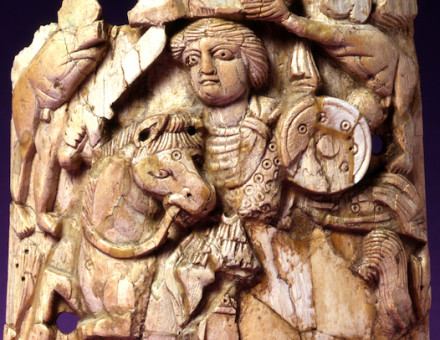Canning and the Pittite Tradition
John Derry exposes popular myths about a misunderstood statesman.
George Canning was the most brilliant and most controversial personality among those politicians who sought to model their political aspirations on the example of the Younger Pitt. After his death he came to represent the liberal tradition within British conservatism, even though this meant editing the record of his life in several respects, and it was possible for Disraeli to exploit Canning's reputation in order to expound his own idiosyncratic view of what constituted the essence of a truly national Toryism. It was easy for Canning's conduct of foreign policy to be contrasted with that of his great rival and fellow Pittite, Castlereagh, and for Canning to be depicted as the man who reasserted the primacy of British interests in the formulation of foreign policy and in dissociating Britain from reactionary continental regimes. The famous phrase about calling a new world into existence in order to redress the balance of the old – in origin a happy inspiration amid the turmoil of parliamentary debate – was given a significance which went far beyond what Canning had actually achieved by the recognition of several of the Latin American republics.





